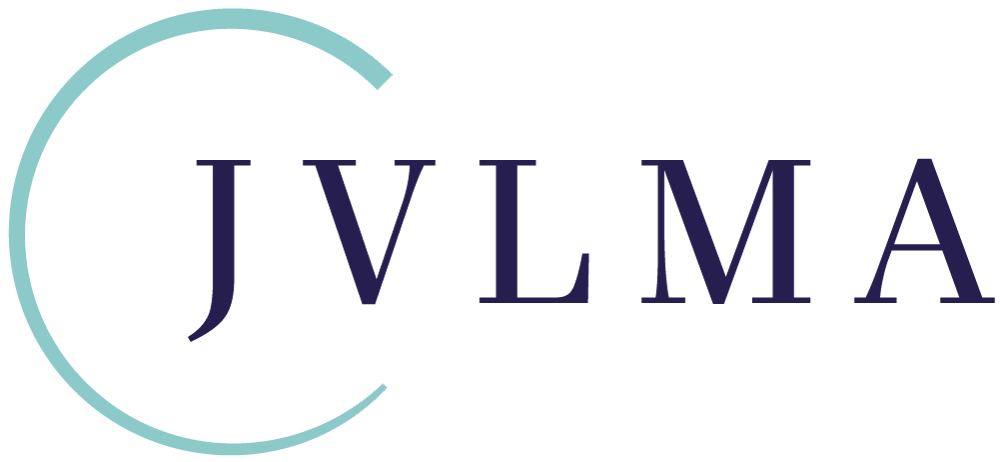LATVIAN MUSIC AND MUSICIANS IN TARTU, SUMMER 1916
Keywords:
Jāzeps Vītols, Juhan Aavik, musical life in Tartu, Latvian and Estonian communities, Baltic Germans, Vanemuine SocietyAbstract
The developing public concert life in the 19th century Europe was largely based on various musical and choral societies. Tartu together with the southern part of Estonia and northern part of Latvia formed the Livonian governorate in imperial Russia with the capital in Riga. Tartu University, which was reopened in 1802, became an important centre of musical activities. Although Tartu University was officially a Russian imperial institution (Keiserliche Universität), it was a German university until official policy of Russification was launched in the 1880s aiming to unite foreign-speaking border-areas more closely to Russian culture. Though directed more against the strong German domination in the Baltics, it also affected local people.
Social life in Tartu was closely related to Riga and St. Petersburg – the administrative and cultural centres of the area. Since the beginning of the 19th century, musical life in Tartu had profited from its geographical position between those two larger cities, as artists travelling from the West to St. Petersburg often stopped in Tartu. The students of Tartu University as well as academic staff came not only from the local families, but also from a wider area; communication in both German and Russian was common practice at the turn of the century. Furthermore, national movements in Riga and Tartu had created several Estonian and Latvian organisations with the aim to cultivate national language, literature and arts, to develop national cultural and educational institutions. In the article, author explores the musical activities practiced in the realms of Estonian Students’ Societies not only in Tartu (1870–1940, continued in emigration), but also in St. Petersburg (1880–1918) and Riga (1909–1915).
Downloads
References
Jürisson, Johannes (1987). Vanemuise orkestrist ja suvemuusikast. Muusikalisi lehekülgi IV. Koost. Ene Taru, Tallinn: Eesti Raamat, lk. 5–52.
Lippus, Virve (1997). Eesti pianistliku kultuuri kujunemine. Koost. Urve Lippus, Eesti muusikaloo toimetised 3, Tallinn: Eesti Muusikaakadeemia
Mohrfeldt, Aleksander (2007). Jakob Hurda elu ja töö. Tartu: Ilmamaa
Nordlivländische Zeitung, 9. (22.), 09.1905.
Postimees (1915–1917). 24.08.1915, 28.08.1915, 11.07.1916, 28.07.1916, 01.08.1916, 02.08.1916, 28. 08.1916, 12.07.1917.
Rohtla (Rämmer), Geiu (2005). Muusikaelu Tartus 19.–20. sajandi vahetusel ja Berliini Filharmoonikute kontserdid. Muusikaelu Eestis 20. sajandi algupoolel. Koost. Urve Lippus, Eesti muusikaloo toimetised 7, Tallinn: Eesti Muusikaakadeemia, lk. 16–51.
Downloads
Published
Issue
Section
License
Copyright (c) 2024 Mūzikas akadēmijas raksti

This work is licensed under a Creative Commons Attribution 4.0 International License.


